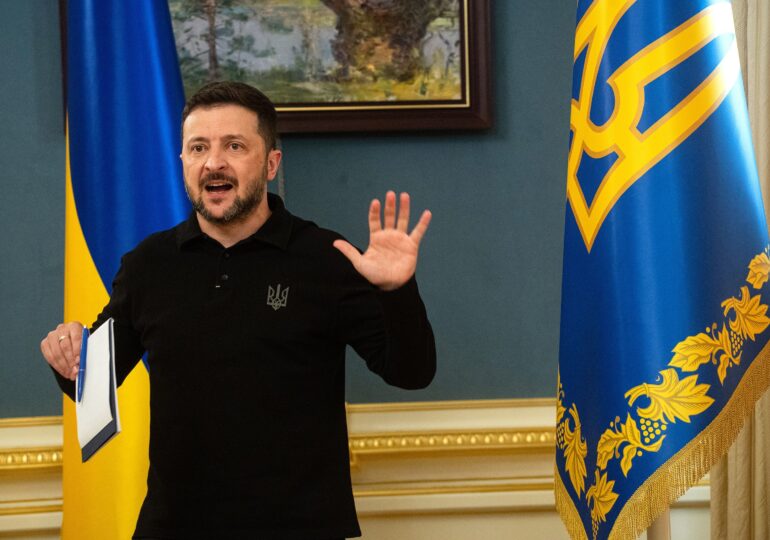President Volodymyr Zelensky caused consternation in Brussels after hastily signing a law that places the National Anti-Corruption Bureau (NABU) and the Specialized Anti-Corruption Prosecutor’s Office (SAPO) under the authority of the Prosecutor General.
Under pressure from the European Union and public opinion, Zelensky quickly took a step back, proposing a new law to reverse the changes. However, experts say that the damage regarding the perspective of EU accession is already visible.
Reforms annulled in a single day
"It's not just about the law, but the signal it sends: that key institutions can be politically subordinated in a single day," said Elena Davlikanova, a researcher at the Center for European Policy Analysis.
Ursula von der Leyen, President of the European Commission, insisted in a discussion with Zelensky that Ukraine must "maintain independent anti-corruption institutions, as they are the foundation of the rule of law." The law adopted on July 22 was perceived as a blow to this principle.
Risk for financing and European integration
European officials have suggested, even unofficially, that the next tranche of financial support for Ukraine could be affected. The European Commission has already confirmed that funds from the "Ukraine Facility" mechanism will be reduced due to unfinished reforms.
"We were not informed beforehand," said MEP Daniel Freund, adding that the EU was "taken by surprise" by this setback.
Bad timing and ammunition for integration opponents
The adoption of the law comes at an extremely sensitive moment, say diplomats cited by Kyiv Independent.
The EU was on the verge of officially starting the accession process, despite opposition expressed by Viktor Orban. Daniel Freund warns that the Hungarian leader could take advantage of this setback to promote his "pro-Russian and anti-Ukrainian" agenda.
"The longer it takes to reverse the subordination of NABU and SAPO, the more problems arise for European integration and public trust in authorities," stated Ukrainian MP Yaroslav Yurchyshyn.
Trust, hard to rebuild
Mattia Nelles, Executive Director of the German-Ukrainian Bureau think tank, says that "trust has been damaged" and that such a significant step back, even if reversed, will fuel voices opposing Ukraine's accession to the EU. The decision on July 22 was "painful" not only in content but also in ignoring warnings from European partners.
In Kyiv, pressure to correct the mistake is mounting. Over 50 parliamentarians, including Yurchyshyn, have already proposed a law to restore the independence of NABU and SAPO, with the support of the Presidential Administration. Liubov Akulenko, Executive Director of the Ukrainian Center for European Policy, warns that the Parliament must act "quickly and without absurd amendments." She also calls for the EU to "show its teeth" through strict control of anti-corruption reforms.
A senior European diplomat, speaking on condition of anonymity, admits that the EU also bears some blame for the lack of progress in opening negotiation clusters: "Ukraine has done everything it needed to. We have not."

